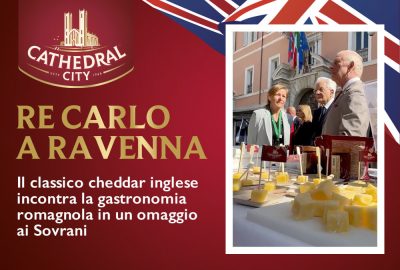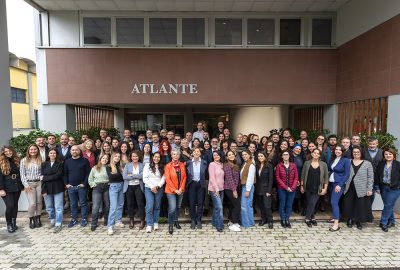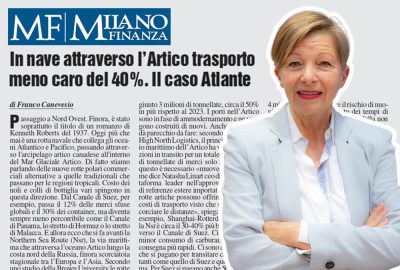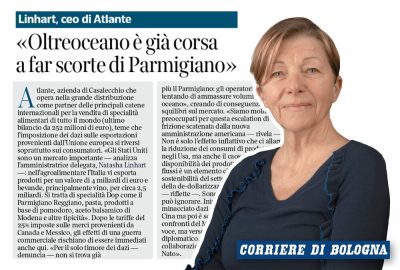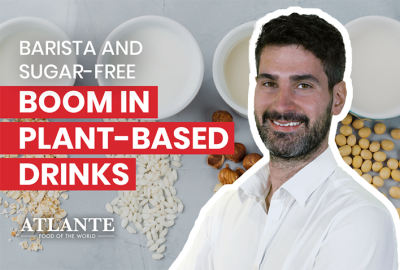Atlante
News
The EU ruling on plant-based labeling: a turning point for the plant-based industry
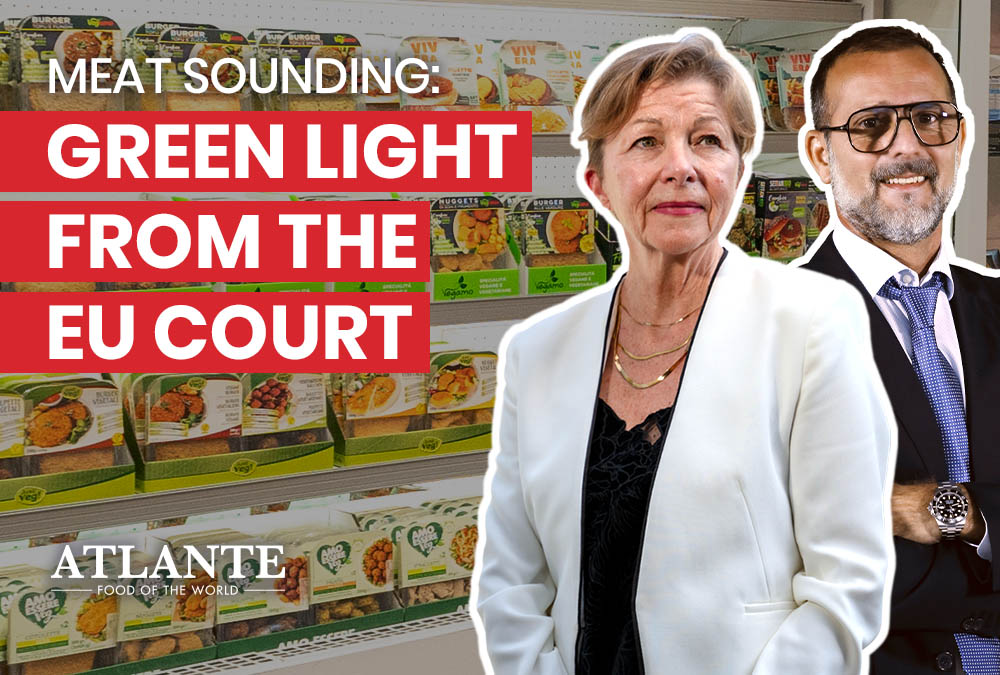
14 October 2024
The recent ruling by the European Court of Justice in case C-438/23 | Protéines France et al., marked a pivotal moment for the future of plant-based products. The Court ruled that Member States cannot ban the use of terms traditionally associated with animal-based products to describe plant-based alternatives.
This decision has sparked reactions among companies in the sector, including Atlante, a leader in the plant-based market. Natasha Linhart, CEO of Atlante, commented: “We are not surprised by this decision. Banning the use of such terms would have been a mistake. Consumers know exactly what they are buying, especially when it comes to products they’ve been familiar with for years.”
The challenge of labeling plant-based products
The debate around labeling plant-based products has gained traction in recent years, particularly regarding terms like “burger”, “sausage”, or “stew”, which some feared might confuse consumers. However, according to Natasha Linhart, the real challenge lies in maintaining clear and effective communication. “Terms like ‘veggie burger’ or ‘vegan sausage’ are essential for communicating with consumers. If we were forced to use descriptions like ‘vegetable discs’ or ‘vegetable cylinders,’ it would create confusion and unnecessarily complicate the message,” Linhart explained.
Atlante began closely following the situation in the summer of 2023, when Italy introduced a draft law on meat-sounding terms. The concern was that this legislation would significantly impact the entire plant-based sector by limiting the clarity of product labeling.
Atlante’s response to Law 172/2023
After the final approval of Law 172/2023, Atlante quickly took action. Stefano Gandini, Head of the Legal Department at Atlante, said: “We formed a Task Force and immediately reached out to other companies in our sector. We organized meetings with numerous competitors and professionals from both Italy and Europe.”
The Task Force developed a shared action plan. One of the first steps was the release of a press statement and the submission of joint letters to the Ministry of Agriculture (MASAF) and the Department of Common Agricultural Policy and Rural Development. According to Gandini: “We called for discussions with the government on key issues: the level of consumer awareness in Italy, the economic impact of the law on businesses, and, most importantly, the issue of sustainability.”
A constructive dialogue with institutions
Following the approval of Law 172/2023, Atlante sent additional letters to the relevant authorities to further the dialogue. Gandini emphasized the importance of addressing practical aspects such as packaging and marketing campaigns, which would have been heavily impacted by Article 3 of the law. “The goal was to protect plant-based companies and ensure that consumers received clear and transparent information.”
Ultimately, the much-feared “blacklist” of banned terms was never published.
The European Court ruling: A win for plant-based and sustainability
Atlante welcomed the European Court of Justice’s ruling in case C-438/23 | Protéines France et al., which established that, in the absence of specific legislation, Member States cannot ban the use of traditional terms to describe plant-based products. Stefano Gandini said: “This ruling is a major step forward. Banning these terms would have confused consumers and restricted their freedom of choice.”
Beyond the labeling issue, the Court’s decision also sparked broader discussions on issues such as the environmental impact of intensive farming. Natasha Linhart remarked: “It’s true that people are free to consume animal meat, but it’s clear—and, in my opinion, necessary—that a shift in direction is needed. Cattle farming contributes to about one-third of global carbon dioxide emissions, a figure we can no longer ignore.”
Promoting plant-based alternatives for a sustainable future
Natasha Linhart pointed out the imbalance in global meat consumption: “In the United States, 124 kg of meat is consumed per capita, compared to 90 kg in Italy, and just 4 kg in India. This imbalance is unsustainable. Promoting plant-based alternatives isn’t just a market choice; it’s a necessity to ensure a more sustainable future.”
With the global population expected to reach 9.7 billion in the next twenty years, finding alternative food solutions is becoming more urgent than ever. Linhart added: “We have a responsibility to think long-term and ensure that future generations have sufficient food resources. Promoting plant-based products is a crucial step towards a sustainable future.”

